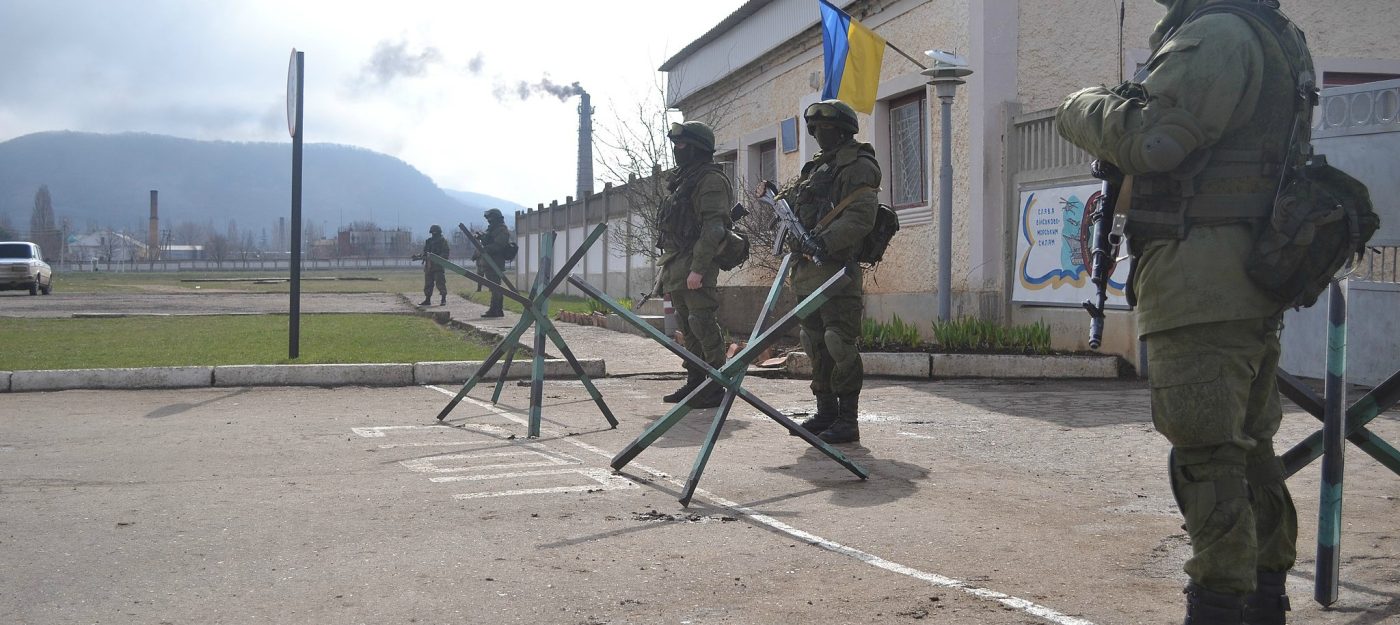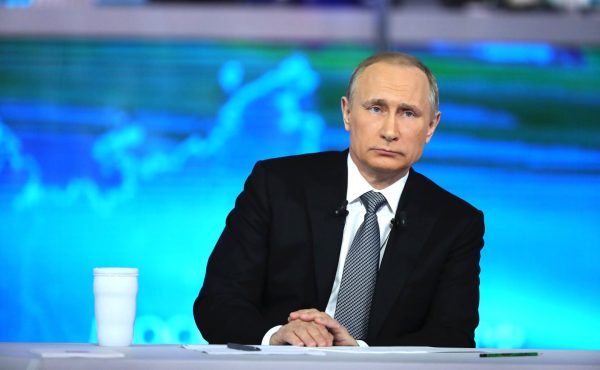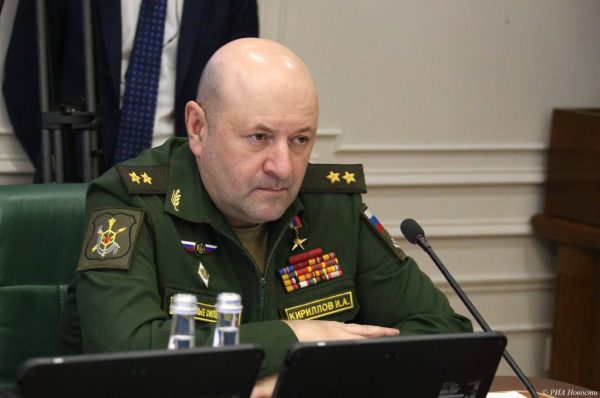Today, the Center for European Policy Analysis (CEPA) marks the fifth anniversary of Russia’s illegal annexation of Crimea in memory of the victims from the Russian-Ukraine war and in solidarity with Ukraine’s struggle to establish a European future that is peaceful and prosperous.
CEPA recalls how, on February 27, 2014, masked Russian troops without insignia—“little green men”—illegally seized the parliament of Crimea, an integral part of Ukraine, and other strategic sites on the peninsula. Within a month, Moscow installed a pro-Russian government, conducted an illegitimate referendum on Crimea’s status, and formally incorporated the territory as two new units of the Russian Federation. These actions ruptured the framework of historic agreements that have guaranteed peace in Europe for two decades and affirmed Russia’s pledge to never invade Ukraine’s territory, alter its borders, or challenge its independence through force of arms. These agreements included the Budapest Memorandum (1994), U.N. Document A/49/765 (1994), the NATO-Russia Founding Act (1997), and the Russo-Ukrainian Treaty (1997). Collectively, these promises facilitated Ukraine’s surrender of its nuclear arsenal, NATO’s eventual expansion eastward, and one of the longest stretches of tranquility in Europe since the French Revolution. Putin’s seizure of Crimea marked the second time in half a decade that Russia has redrawn the map of Europe, the first being the brief but bloody invasion of Georgia in 2008.
Since then, the Kremlin has gone much further. It began a war in eastern Ukraine using paid proxy fighters and backed by regular Russian military forces. It has further militarized Crimea and the Black Sea, threatened the free navigation of Ukrainian vessels in international waters around the Sea of Azov and Kerch Straits, attacked Ukrainian vessels, and imprisoned 24 Ukrainian sailors. Peace initiatives—combined with Western sanctions—have met little success.
Since the events of February 2014, Ukraine has suffered grievously. Approximately 13,000 people have been killed on all sides, including 3,300 civilians. About 30,000 have been wounded and 1.5 million have been displaced. The war has tested the unity and resolve of Ukraine. The West has maintained a sanctions regime on Russia and pressured the Kremlin to reach a settlement that would respect Ukraine’s sovereignty and territorial integrity, but the war goes on.
On this solemn anniversary, CEPA renews its call to raise the costs on Russian aggression. CEPA also marks positive developments. The crisis has galvanized Ukraine’s sense of statehood, despite persistent corruption and weak rule of law. Ukraine’s economy is growing slightly. Its military, though still not a match for Russia’s, has proven to be a brave and effective fighting force. Ukrainian society, more vigorously than ever before, is firmly in favor of deeper integration with the West. The war, meanwhile, has revitalized NATO and dispelled misplaced illusions about Russia’s benign strategic intentions.
Finally, CEPA looks forward. As Ukrainians go to the polls on March 31 to pick their next president, the West should celebrate their democratic commitment in the face of internal challenges and Russian revanchism.
CEPA remembers.
CEPA stands with the people of Ukraine.




